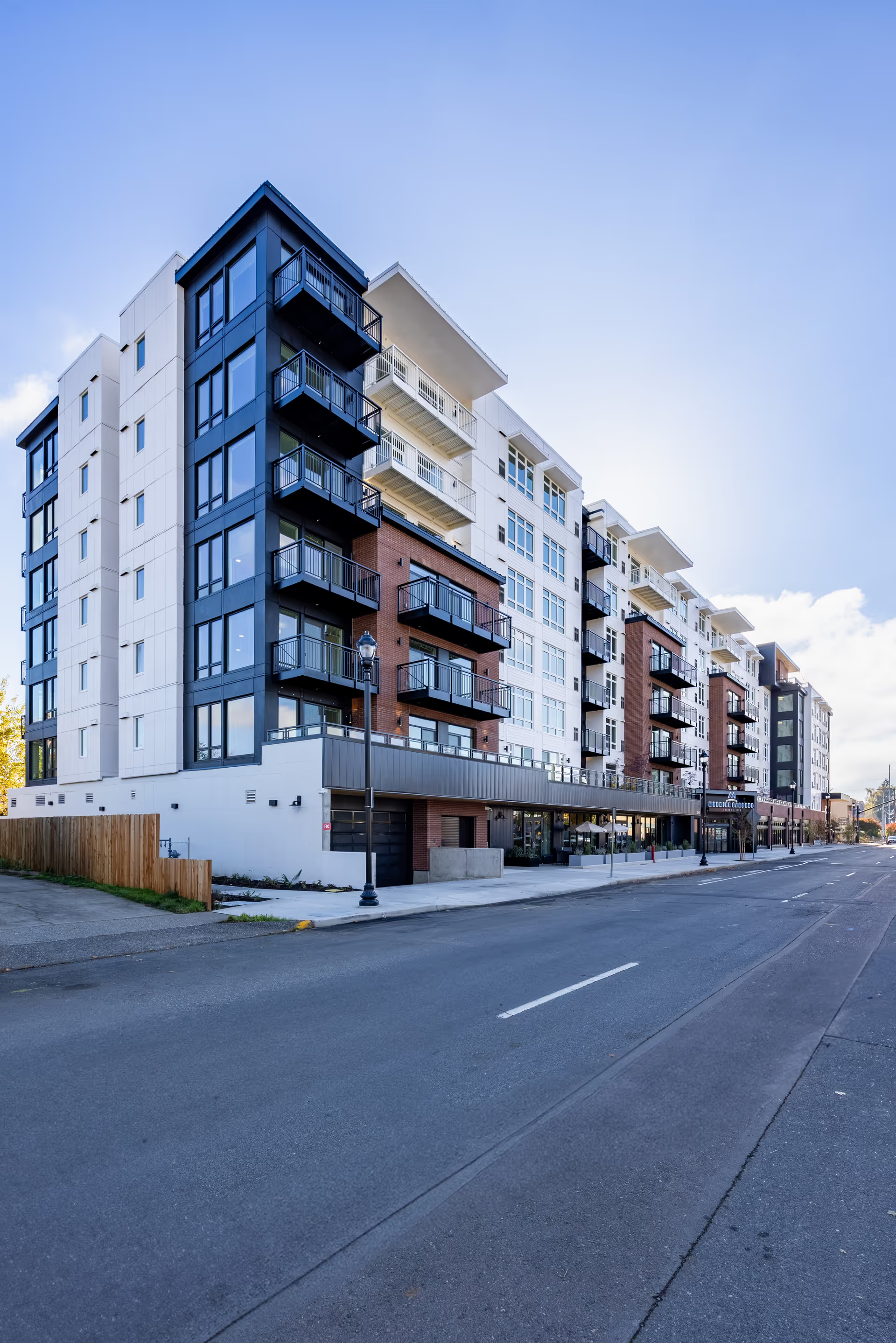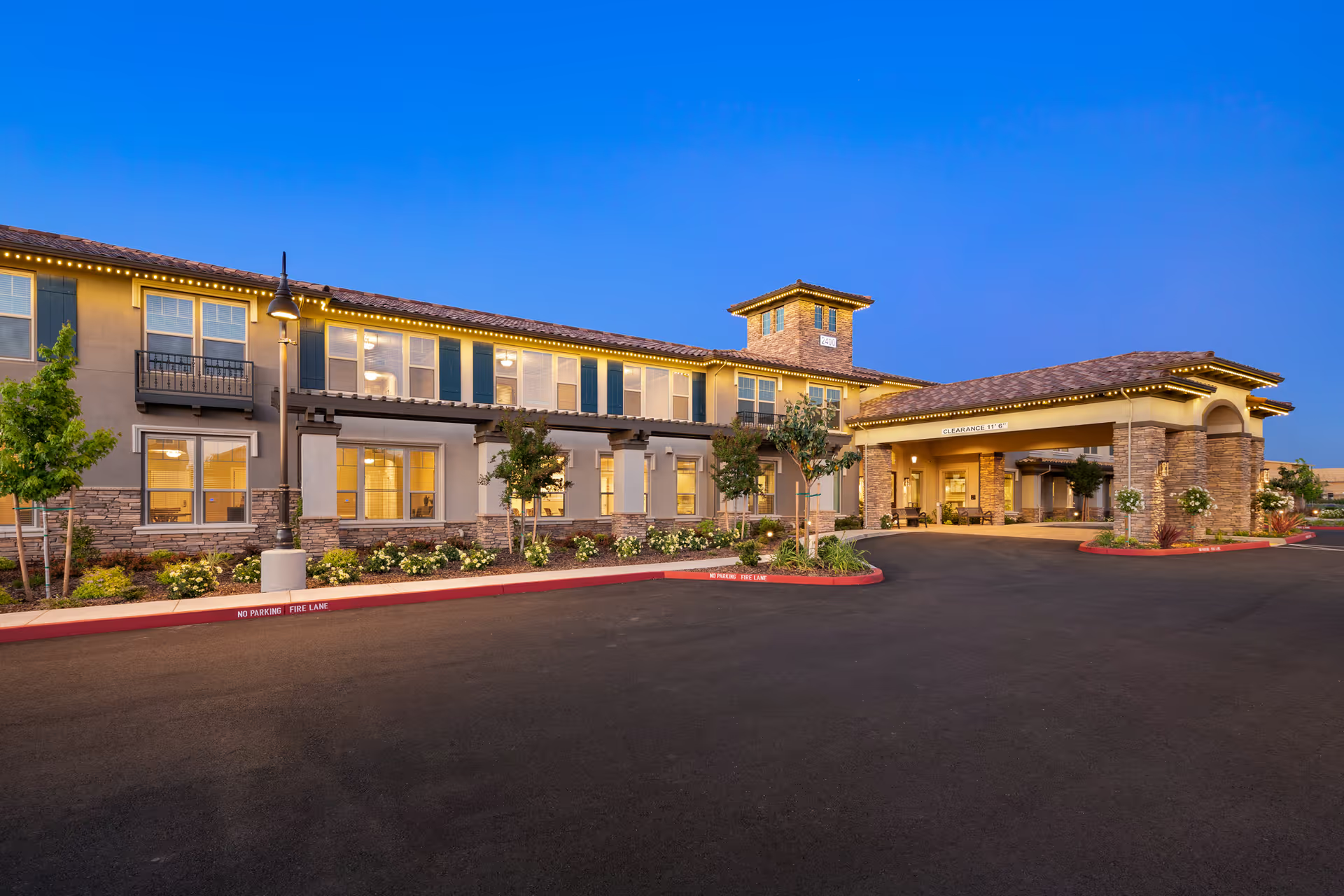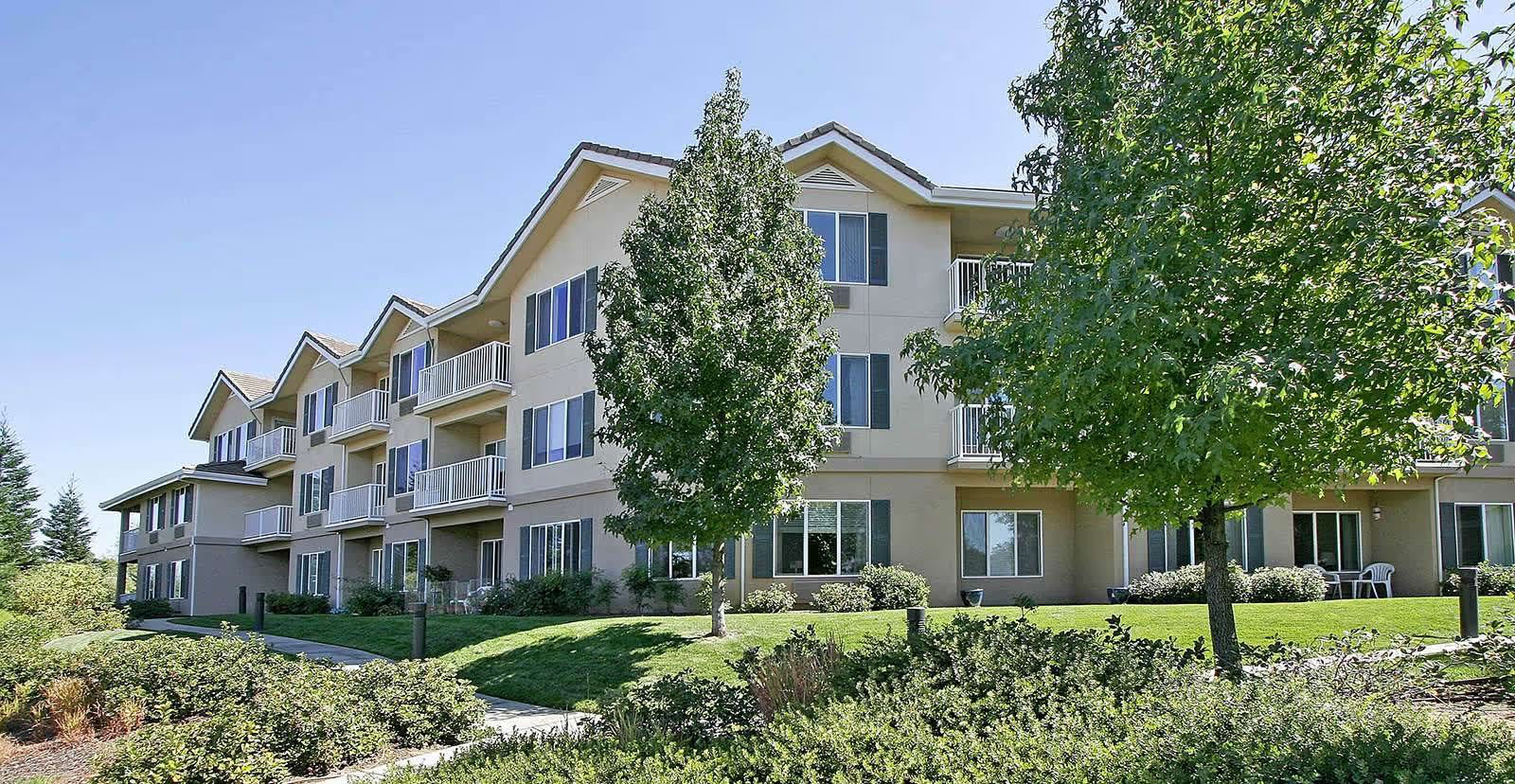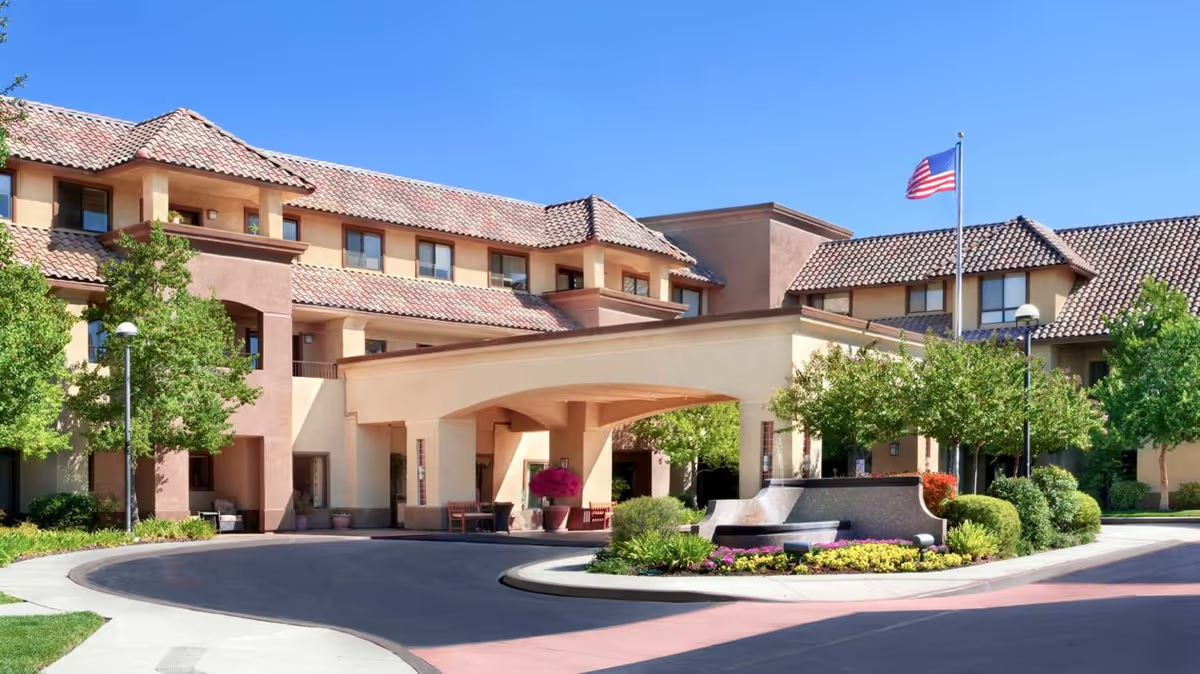Inglewood Group Home is a small residential care facility with six licensed beds, where people find a quiet place surrounded by green trees and a calm atmosphere. The staff helps residents with daily needs like bathing, eating, and dressing, and pay attention to those who have memory problems or need extra support because of cognitive disabilities. The home offers home-cooked meals every day and can make special meal plans for those with diabetes or high blood pressure, which is something a lot of folks ask about these days, especially as people get older, and they have care for people who need help for a short while, like for respite care, or even for hospice situations when things are tough.
There's a good number of activities for people living there, from music therapy and pet visits to board games and relaxing outside, and folks can also join in movie nights, workout groups, and creative programs throughout the week. The home keeps a barber or parlor, a cozy book room, spa and steam areas, and pleasant gardens for taking walks or sitting in the shade, plus transportation is set up for doctor's visits, errands around town, or even getting to faith events if someone wants to go. Entertainers sometimes come by, and there's encouragement for physical activity, music, and other plans to keep up spirits and health, so you don't end up just sitting around all day with nothing to do.
Inglewood Group Home holds a license from the state, but it doesn't take Medicaid, and it's not certified by the Centers for Medicare & Medicaid Services, so the place is a bit more private in how it's run, which some people prefer. The facility focuses on adults with developmental disabilities, giving them a supportive setting, and tries to keep things personalized, paying attention to each person's needs as best as possible. There's a mobile hairdresser, help with transportation, and daily care from staff who know what they're doing and want to make residents feel safe and at home. Inglewood Group Home makes use of current systems for recordkeeping and care tracking, including electric signatures and scheduling, so the staff can keep track of who needs what and when, in a way that keeps things organized. Most days pass with a sense of routine and friendly support, and everyone tries to build a community where people are known by name and included in daily life, which seems to matter most at this stage of life.







